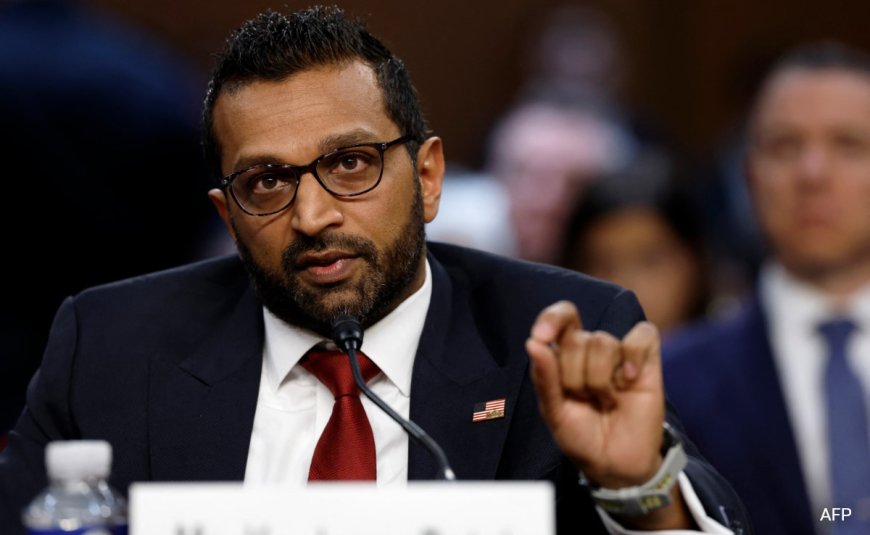"I Was Told I Should Go Back": Trump's Pick For FBI Head On Facing Racism
Indian American Kash Patel on Thursday told lawmakers that he has been subjected to racism while growing up as an individual.

"I Was Told I Should Go Back": Trump's Pick For FBI Head On Facing Racism
In a recent interview, Christopher Wray, who was nominated by former President Donald Trump as the FBI director, opened up about his experiences with racism and systemic bias. This discussion is particularly timely as the nation grapples with ongoing issues of racial inequality and discrimination. His remarks shed light on the challenges faced by minorities in law enforcement and the overall narratives surrounding race in America.
The Overarching Issue of Racism in Law Enforcement
Racism within law enforcement has been a heated topic in the United States. Many people of color have shared stories about feeling marginalized or unjustly treated. Wray's comments reflect a growing narrative that highlights the need for transparency and reform in how the FBI operates concerning racial matters.
Christopher Wray’s Personal Experience
Wray mentioned specific instances in which he faced pressure and negative comments about his background and identity. He expressed that such experiences are not uncommon for individuals in leadership roles, particularly within a predominantly white institution. His acknowledgment of these issues is essential for fostering a more inclusive environment within federal agencies.
The Importance of Representation
Representation in leadership roles has a direct impact on how organizations approach diversity and inclusivity. Wray emphasizes that having diverse perspectives is essential to effectively addressing issues of bias and systemic racism within the FBI and beyond. This opens the door for better community relations and fosters trust among marginalized communities.
Looking Ahead: A Call for Change
Now, more than ever, there's a pressing need for change within federal agencies. Wray’s insights offer a glimpse of hope for a future where racial disparities in law enforcement can be addressed more effectively. He believes that through candid conversations and a commitment to understanding the experiences of all individuals, the FBI can evolve into an institution that genuinely serves everyone.
Conclusion
The dialogue surrounding racism in law enforcement is vital for the future of policing in America. Christopher Wray's experiences serve not only as an eye-opener but also as a catalyst for change. By continuing these discussions and promoting diversity, federal agencies can work towards a system that is just, equitable, and representative of all citizens.
For more updates on this important issue, visit dharmyuddh.com. Keywords: Trump's Pick For FBI Head, FBI directorship racism experiences, Christopher Wray FBI racism, law enforcement racial inequality, systemic racism in America, FBI director experiences, diversity in federal agencies, ongoing issues of racism, conversations about race in law enforcement, changing narratives on race relations.







